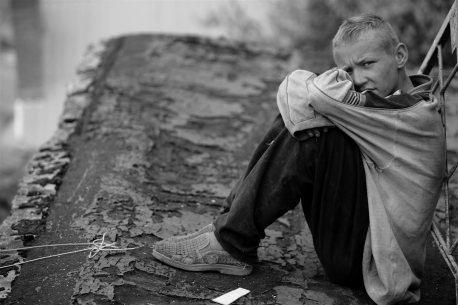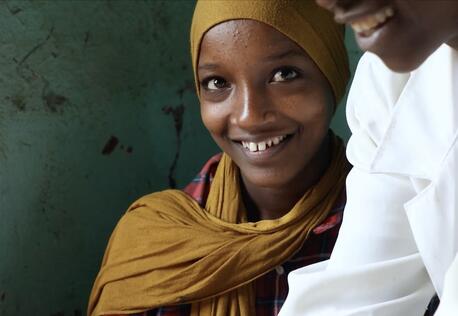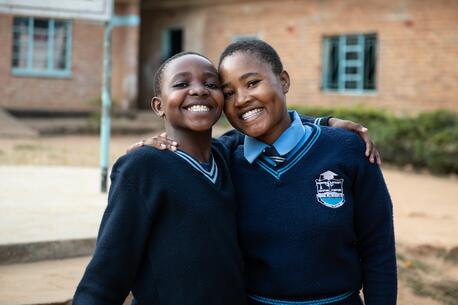
UNICEF USA Statement on U.S. Decision Use of Anti-Personnel Landmines
UNICEF USA remains a strong advocate of the Anti-Personnel Mine Ban Convention and the Convention on Cluster Munitions — the two most successful examples of humanitarian disarmament in recent times.
Landmines, cluster munitions, and other explosive remnants of war (ERW) disproportionately affect children. UNICEF has consistently maintained a stance of universal, global, and unequivocal objection to the use of landmines due to their indiscriminate nature and propensity to severely maim or kill innocent children. Children are more prone to injury from landmines and ERW because they are more likely to be killed by the blast, and because young eyes see them as potential toys rather than as deadly bombs.
That is why UNICEF USA is deeply concerned by the U.S. Department of Defense’s recent landmine policy decision, that lifts existing U.S. prohibitions against the use of anti-personnel landmines.
Whatever the limited military value of landmines, the fact is that after battles are over, landmines remain. They threaten civilian lives and undermine the development of post-conflict communities. They deprive children and their families of access to much-needed land, schools, water points, religious buildings, play areas and other sites necessary to their well-being. If there is flooding, previously mapped mines can be uprooted and moved to new locations, reintroducing danger to unknowing civilians and destroying the progress of previous mapping efforts. Even landmines that self-destruct or self-deactivate pose significant threats to children, as they are not consistently effective and can continue to stand as an idle danger for innocent civilians.

In Ukraine, Sasha unwittingly brought home a cartridge he had found outside. It exploded in Sasha’s hand, tearing off his fingers. Since the conflict began in 2014, at least 172 children have been killed or injured by mines and other ordnance in eastern Ukraine. Around 430,000 children currently live in the region, one of the most heavily mined in the world. ©UNICEF/2019/Fillipov
UNICEF USA remains a strong advocate of the Anti-Personnel Mine Ban Convention and the Convention on Cluster Munitions – the two most successful examples of humanitarian disarmament in recent times.
We urge the U.S. Government to reconsider its recent decision to reallow the use of landmines, and instead encourage the U.S. Government to join these two widely ratified treaties.
HOW TO HELP
There are many ways to make a difference
War, famine, poverty, natural disasters — threats to the world's children keep coming. But UNICEF won't stop working to keep children healthy and safe.
UNICEF works in over 190 countries and territories — more places than any other children's organization. UNICEF has the world's largest humanitarian warehouse and, when disaster strikes, can get supplies almost anywhere within 72 hours. Constantly innovating, always advocating for a better world for children, UNICEF works to ensure that every child can grow up healthy, educated, protected and respected.
Would you like to help give all children the opportunity to reach their full potential? There are many ways to get involved.





